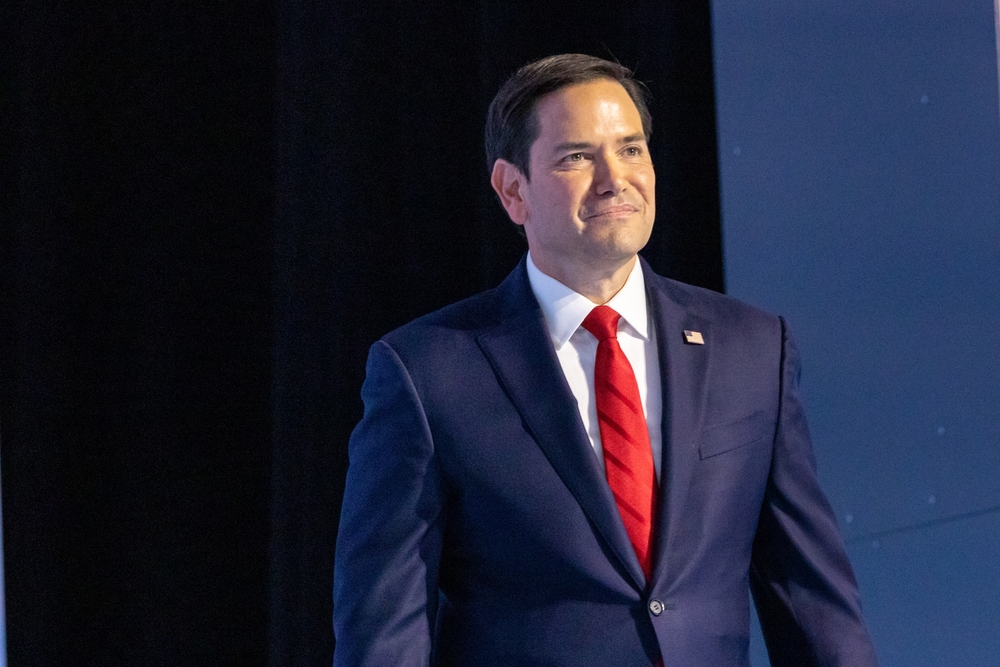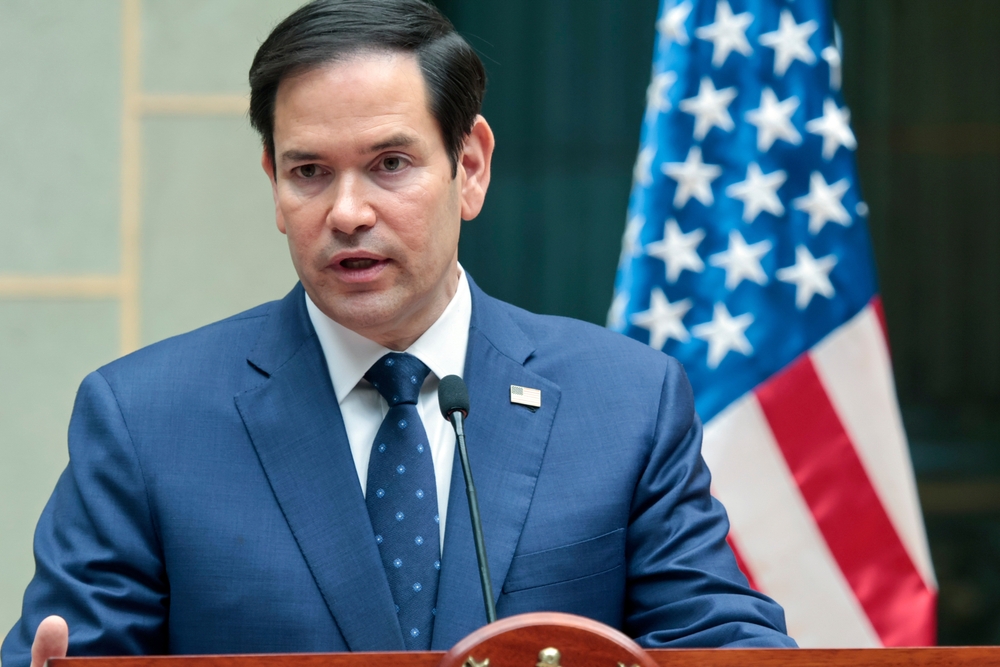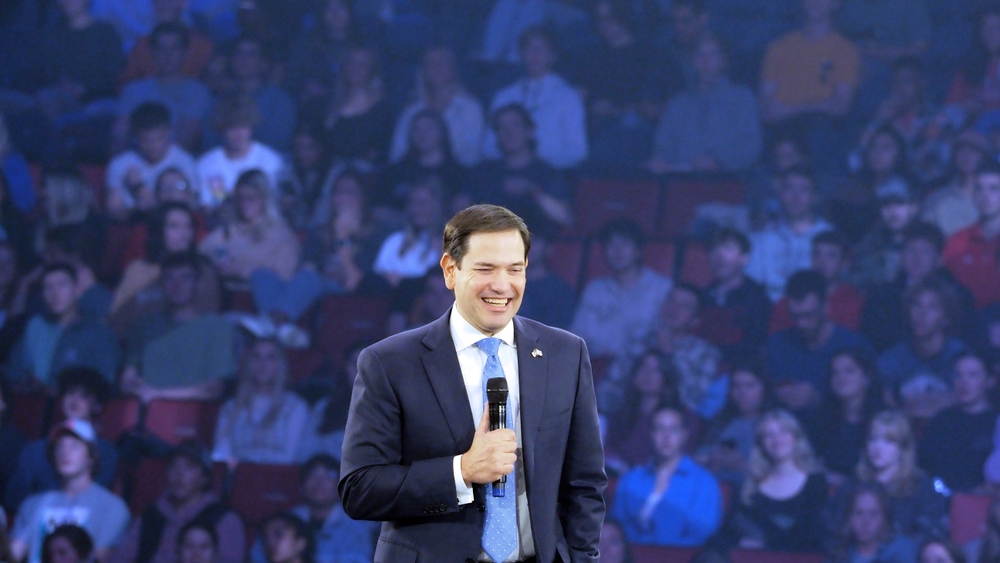Who Is Marco Rubio? From Senator to Trump’s Foreign Policy Powerhouse
Marco Rubio, long known as a prominent voice in Republican politics, has found himself back in the spotlight in 2025 — not just as a senior statesman, but now as a central figure in Donald Trump’s second-term national security apparatus. Once seen as a rival to Trump, Rubio is now holding some of the most influential foreign policy positions in the U.S. government.
Here’s a breakdown of who Marco Rubio is, his political journey, and the powerful roles he now commands.
Early Life and Political Rise
Born on May 28, 1971, in Miami, Florida, Marco Rubio is the son of Cuban immigrants. He earned his bachelor's degree from the University of Florida and later received a J.D. from the University of Miami School of Law. His early political career began in the Florida House of Representatives, where he served from 2000 to 2008, eventually becoming Speaker.
Rubio gained national attention as a charismatic, young conservative with deep roots in the Cuban-American community and a strong focus on fiscal conservatism and anti-communism.

The 2010 Senate Win and National Ascent
In 2010, Rubio won a seat in the U.S. Senate, defeating both a sitting governor and a Democratic challenger in what was considered a Tea Party-fueled upset. His Senate career was marked by a focus on foreign policy, national security, and immigration reform, though he later distanced himself from bipartisan immigration efforts under political pressure.
By 2015, Rubio had declared his candidacy for president, running in the 2016 Republican primary. Though initially seen as a frontrunner, his campaign faltered, and he was eventually overshadowed and defeated by Donald Trump.
Related: America on the Clock: Shortages and Costs Set Sail
Related: First Culling from Signal Leak: Mike Waltz, Top NSC Staffers Out in Trump’s National Security Purge

From Rival to Loyalist
After his failed presidential bid, Rubio returned to the Senate and gradually warmed to Trump’s leadership. Though critical of Trump early on, especially during the 2016 primaries, Rubio eventually became a dependable ally on foreign policy, China, and Latin American affairs.
He was re-elected to the Senate in 2022 and began taking on an even more prominent role in shaping Republican national security doctrine, particularly as tensions with China and Russia escalated.
Rubio’s Current Roles in 2025
As of 2025, Marco Rubio now holds two significant positions:
-
U.S. Secretary of State: Rubio was tapped for this role at the start of Trump’s second term. His experience in the Senate, especially on the Senate Foreign Relations and Intelligence Committees, made him a logical — if surprising — pick.
-
Acting National Security Advisor: In the wake of Mike Waltz’s firing over the “Signalgate” leak scandal, Rubio was temporarily appointed to also oversee national security strategy. Holding both roles simultaneously is rare and controversial, but it signals Trump’s deep trust in Rubio to manage a turbulent foreign policy environment.

What This Means for U.S. Foreign Policy
Rubio’s dual role places him at the heart of nearly every major foreign policy decision. From ongoing conflicts in the Middle East to high-stakes negotiations with Ukraine and tense relations with China, Rubio’s fingerprints are now on every directive coming from the Trump administration.
Critics argue the concentration of power in Rubio’s hands raises concerns about oversight and effectiveness, while supporters say his experience and discipline are stabilizing assets in an administration marked by volatility.
Conclusion
Marco Rubio's political career has taken him from the Florida legislature to the national stage, from failed presidential hopeful to one of the most powerful foreign policy figures in the United States. Once seen as an outsider to Trump’s world, he’s now at its very center, a testament to his political adaptability and enduring relevance.`













